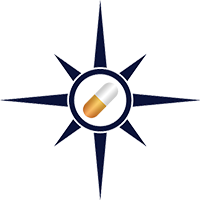



API Suppliers

US DMFs Filed

CEP/COS Certifications

JDMFs Filed
Other Certificates
Other Suppliers
0

USA (Orange Book)

Europe

Canada

Australia

South Africa
Uploaded Dossiers
U.S. Medicaid
Annual Reports






Impressions: 54752
https://www.pharmacompass.com/radio-compass-blog/top-drugs-and-pharmaceutical-companies-of-2019-by-revenues
Impressions: 2757
https://www.pharmacompass.com/radio-compass-blog/gsk-google-form-first-bioelectronics-firm-11-generic-companies-benefit-from-the-teva-allergan-deal
Impressions: 5419
https://www.pharmacompass.com/radio-compass-blog/fda-s-drug-approvals-in-2015-novel-drugs-new-versions-of-existing-drugs
Impressions: 4079
https://www.pharmacompass.com/radio-compass-blog/will-data-integrity-concerns-on-clinical-trials-done-at-gvk-biosciences-go-beyond-europe


